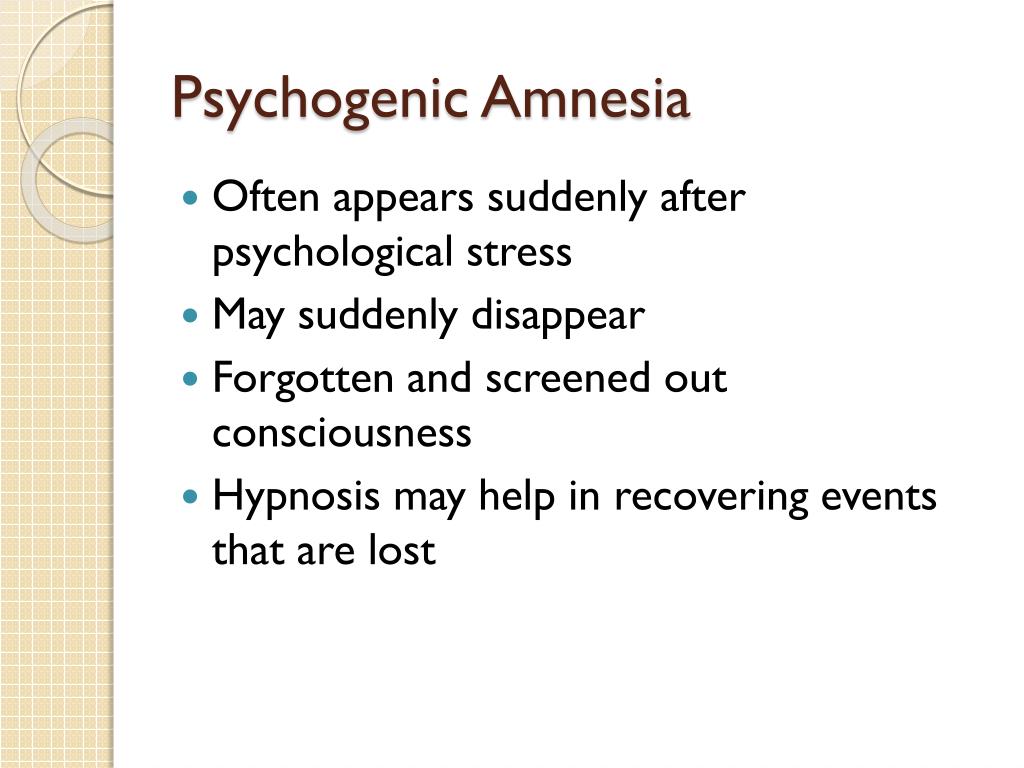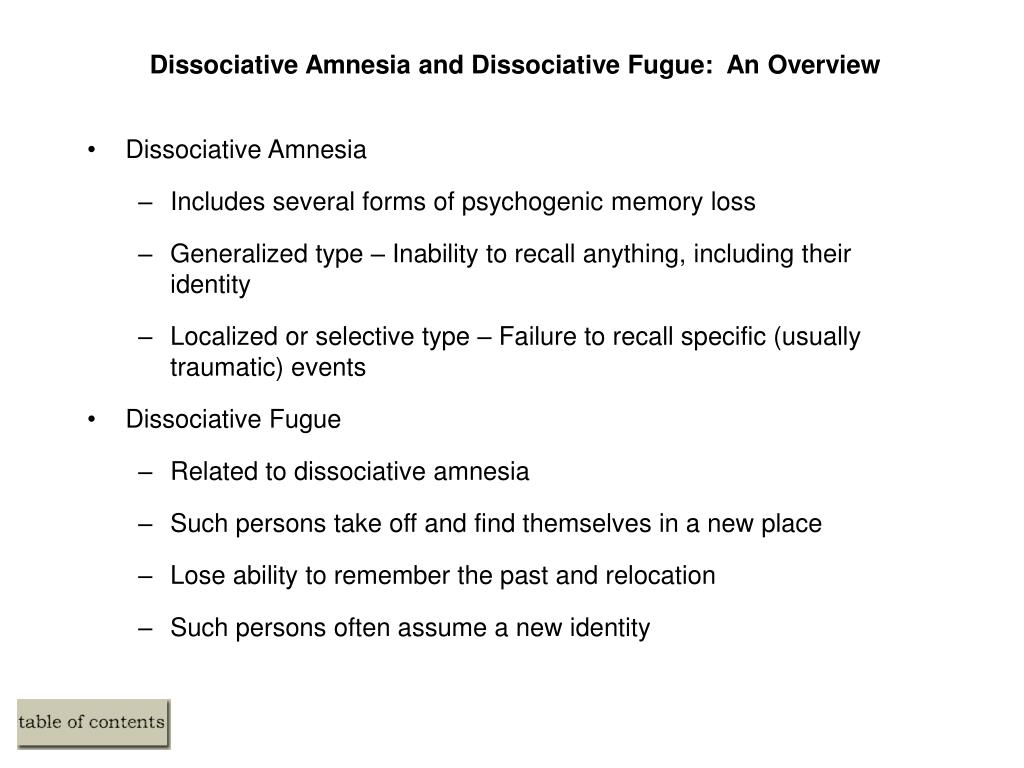

- #Examples of social amnesia how to#
- #Examples of social amnesia series#
- #Examples of social amnesia tv#
Few people have memories from before the ages of three to five because the brain areas that support memory are still developing. Infantile Amnesia: This is the term used to describe the fact that people can’t recall memories of events from early childhood.Memory loss is sudden and only lasts up to 24 hours. Transient Global Amnesia : A temporary syndrome where you experience both retrograde and anterograde amnesia.It may involve retrograde amnesia, anterograde amnesia, or both. Post-traumatic Amnesia: This is amnesia that occurs immediately after a significant head injury.Anterograde amnesia is far more common than retrograde. Anterograde Amnesia: Describes amnesia where you can’t form new memories after the event that caused the amnesia.It usually affects recently stored past memories, not memories from years ago. Retrograde Amnesia: Describes amnesia where you can’t recall memories that were formed before the event that caused the amnesia.Here are a few common terms you may encounter: There are many different names for amnesia and amnesia syndromes. However, long-term memory involves many areas of the brain and damage to many different parts of the brain can cause amnesia.Īmnesia can occur in many common neurological disorders like Alzheimer’s disease and other forms of dementia, stroke and traumatic brain injury, as well as other systemic illnesses that affect the brain. The hippocampus and surrounding temporal lobes of the brain are important areas for long term storage and retrieval of information. However, there is a limit to your ability to recall that information. In theory, there’s no limit to your long-term memory. Long-term memory: Your long-term memory lasts between a minute and a lifetime.The frontal and parietal lobes are important for this type of memory. During that time you’re able to juggle an average of seven pieces of information – for example, seven letters, seven words or seven numbers. Short-term memory: Your short-term memory lasts as long as you have the information ‘in mind’ – usually between five seconds and 30 seconds.The brain areas involved in memory are different depending on the type of memory you are forming and how long it can be stored.
#Examples of social amnesia how to#
If you have amnesia, you should still remember how to walk or ride a bike. Amnesia will not erase these “ingrained” memories. Nondeclarative/Implicit: Non-conscious knowledge.Declarative/Explicit: Knowledge of facts and events in everyday life.Here are the two most relevant to understanding amnesia: Such forgetfulness is just that - forgetfulness - not necessarily a sign of amnesia. The witness to a robbery might remember a blue shirt when the robber was actually wearing green. Keep in mind that these stages and the processes within them are imperfect. This is a simple description of how memory works. Retrieval: The brain recreates or activates the connections that represent previously encoded information and you can recall or recognize that information from the past.Storage: Those previously formed connections are maintained in your brain, even though you may not be using them.For many types of information, you have to be paying attention to accurately encode the information. Those connections may link to other information already stored in your memory.
#Examples of social amnesia series#
Encoding: The brain receives new information and creates a series of connections to represent that information.There are three stages of memory: encoding, storage and retrieval. Memory is the ability to hold onto (retain) and recall information from the past. Fortunately, amnesia usually isn’t that severe in real life.

What soap opera hasn’t had a storyline involving it? Fictional characters with amnesia often lose their entire identities.
#Examples of social amnesia tv#
Forgetting what your spouse asked you to pick up at the grocery store is “normal.” Forgetting that you are married can be a sign of amnesia.Īmnesia is often portrayed in movies and TV shows.

Amnesia, in the Greek language, means “forgetfulness.” However, amnesia is far more complicated and severe than everyday forgetfulness. If you have amnesia you may be unable to recall past information (retrograde amnesia) and/or hold onto new information (anterograde amnesia). Amnesia is a dramatic form of memory loss.


 0 kommentar(er)
0 kommentar(er)
